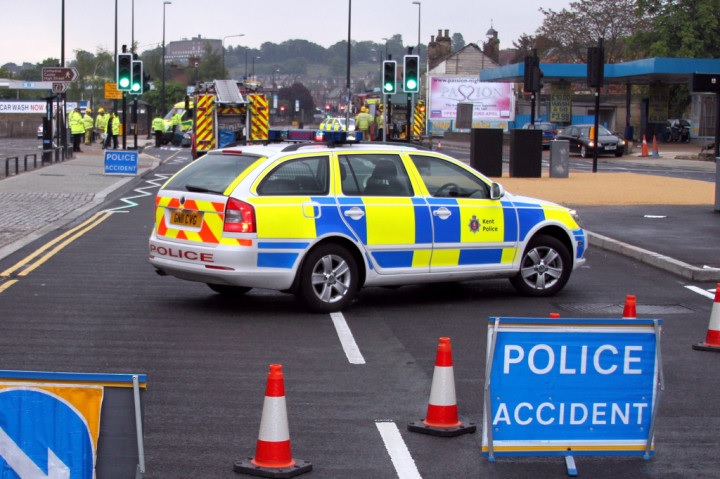
Stakeholders are calling on the Government to take action after new figures show Britain’s road safety record continues to stagnate.
The DfT figures, published on 25 July, show that despite a slight fall in fatalities during 2018 (down 1% to 1,782), the number of road deaths continues to remain largely unchanged since 2010.
Road Safety GB says that while more effort is required to drive down casualties, it is pleasing to see reductions in pedestrian, cyclist and car occupant fatalities.
Alan Kennedy, executive director of Road Safety GB, said: “Road Safety GB is pleased to see reductions in almost all casualty categories. However it is disappointing to note the slight rise in motorcyclist deaths and that young person fatalities and child casualties continue to prove difficult to reduce.
“Clearly much more effort is required by all concerned with casualty reduction if we are to start to see again, the downward trends experienced between 2004 and 2012.
“The 5% upward trend in older road users is particularly worrying, however the Government has recognised the emerging issues with a growing older driver population and has recently invested funding into research that will examine more closely the needs of older drivers in terms of training and assessment.”
The road safety charity Brake says the situation must change, and is calling for a clear commitment from the Government to a Vision Zero approach.
Joshua Harris, director of campaigns for Brake, said: “Once again, we are talking about a stagnation in Britain’s road safety record, a situation which must change.
“Whilst the Government’s new road safety action plan set out last week is a step in the right direction, there is always more that can be done to end the unacceptable number of deaths and serious injuries on our roads.
“We are calling for a clear commitment by Government to a Vision Zero approach, striving to eliminate road death and serious injury, with clear targets set out to achieve this goal.
“We would never accept such carnage in rail or aviation so why should we on the road?”
Meanwhile, the RAC says the figures make for ‘stark reading’.
Nicholas Lyes, RAC head of roads policy, said: “In short, precious little progress has been made in reducing the number of fatalities on our roads for nearly a decade.
“While it’s difficult to know if the removal of road casualty reduction targets and spending cuts in road safety advertising which occurred around this time have played a role here or not, we must now look to the future and hope the Government’s latest road safety proposals go some way towards improving things.
“It should now be a priority for the new transport secretary to get these figures back on the right track and prevent more lives being needlessly lost on our roads.”
IAM RoadSmart maintains that Graduated Driving Licencing must spearhead a ‘comprehensive series of changes’ to save the lives of young drivers.
Neil Greig, IAM RoadSmart director of policy and research, said: “These figures underline the critical need to accelerate delivery of policies such a Graduated Driving Licences.
“The Government road safety statement issued last Friday highlights many of the issues but was very short on actions.”
I agree, however to admit that Hugh, is to admit that the instruction of driving tuition and the driving test itself are both not fit for purpose.
David Weston, Newcastle-upon-Tyne
--1
Hugh, if there *was* daily carnage on the railway system would you blame the users of that too? I think the responsibility for safety on the road system lies squarely on the shoulders of the system providers, as with the railway and air transport systems. We should not attempt to scapegoat the hapless customers of the road system any more than we would the customers of any other dangerous service or system, and perhaps the sooner we recognise that, the sooner things will start improving.
Charles, Wells
--10
Instead of ‘stakeholders’ demanding action from the authorities, shouldn’t they be directing their dissatisfaction at those responsible i.e the motorists themselves?
“We would never accept such carnage in rail or aviation so why should we on the road?”..answer: because there are millions of ‘unqualified’ people involved daily with a shared responsibility for safety on the road, whereas in aviation and rail the responsibility is in the hands of a handful of qualified people.
Hugh Jones, Cheshire
+4